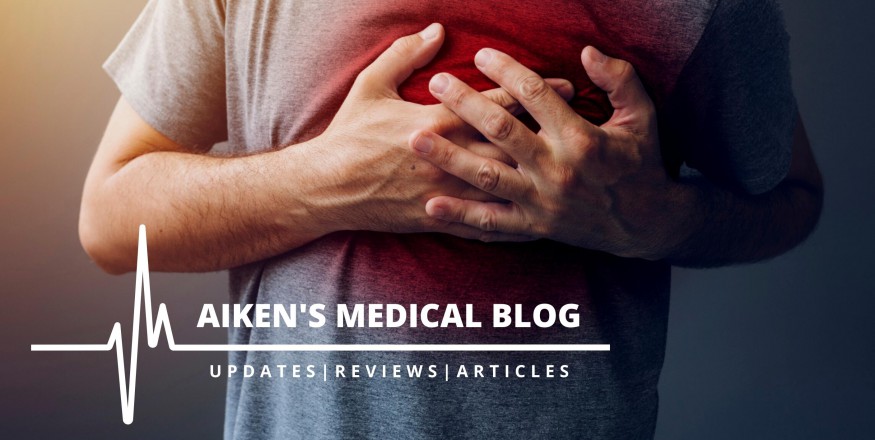.jpg) x
x
Recent studies show that physical activity is the most effective remedy for stress, anxiety, and depression, reducing symptoms by 1.5 times more than leading medications or counselling efforts. Despite being well-known to scientists, exercise is rarely prescribed by doctors, as more than half of US doctors receive various forms of payment from pharmaceutical companies, whose industry spends more than $2 billion a year to encourage them to write drug prescriptions. In contrast, physical activity is inexpensive and has almost entirely positive side effects, releasing chemicals like dopamine, noradrenaline, and serotonin that make us feel good immediately and build up over time.
The recent comprehensive review of more than 1,000 trials involving 128,119 participants suggests that just about any activity and duration can be helpful. The most effective interventions last 12 weeks or less, indicating that benefits come quickly. Moreover, all types of physical activity and exercise are beneficial, including aerobic exercises such as walking, resistance training, Pilates, and yoga.
Physical activity has numerous benefits compared with psychotherapy and medications in terms of costs, side effects, and long-term health. Doctors and other medical professionals should consider prescribing exercise for patients experiencing symptoms of depression, anxiety, stress, or other mental health concerns. Medications and other treatments are helpful, but antidepressants do not work for everyone and have serious side effects.
It is essential to recognize the differences and similarities between stress, anxiety, and depression. Stress is an emotional and physical manifestation of how we perceive, process, and react to events, situations, and other stimuli. At the same time, anxiety is caused by worries over things that may or may not happen. Both can lead to chronic stress and anxiety, leading to depression.
Physical activity is just one option in the virtual cabinet of natural remedies for stress, anxiety, and depression. Mindfulness meditation, higher-quality sleep, and improving your diet can also help. Working on any of these things can positively affect others, creating a positive cycle of improved physical and mental health and well-being.
To gain the bulk of the benefits to physical and mental health, experts recommend a minimum of 22 minutes of daily activity or the equivalent of 150 minutes during the week. Choosing activities you like, setting achievable goals, and working movement into your day can be great motivators. All your action adds up positively, whether it’s an hour at the gym or five minutes doing yoga in front of the TV. Remember that moving some is better than none, and more is better than some.
ns 172.69.59.69da2


















